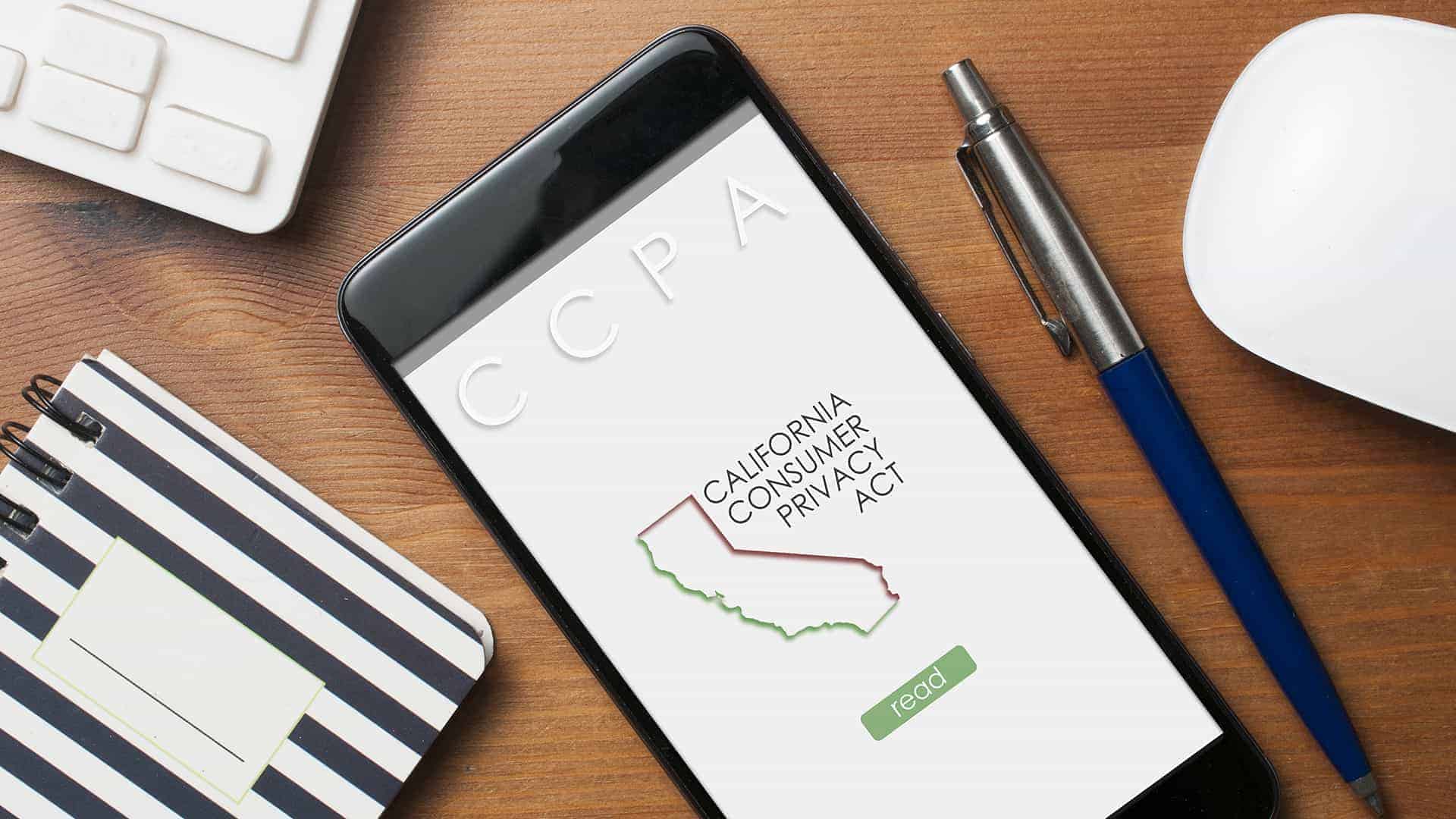
TCPA Liability: Can an Insurance Policy Protect You?
Following the Federal Communications Commission’s 2015 Omnibus Declaratory Ruling and Order, which unsuccessfully attempted to clarify issues surrounding the Telephone Consumer Protection Act (“TCPA”), there was a spike in litigation relating to the TCPA. In 2017, Dish Network was hit hard with $341 million in penalties for numerous TCPA violations. Last year, plaintiffs filed over 3,800 TCPA cases in federal courts, resulting in millions of dollars of settlements. In response to the large statutory damages associated with TCPA claims ($500-$1,500 per call/text), many businesses seek insurance coverage for TCPA claims, with mixed results.
There is no shortage of insurance companies advertising policies for businesses that engage in telemarketing. However, the issue that arises is whether the coverage offered by insurers actually covers TCPA violations. With the imposition of substantial statutory damages, insurers are starting to expressly disclaim coverage of TCPA violations in their policies. In the absence of an express disclaimer, some businesses have looked to their Commercial General Liability, Error and Omissions, or Directors and Officers policies for coverage of damages resulting from TCPA violations with varying levels of success.
Commercial General Liability (“CGL”)
What does Commercial General Liability insurance cover? CGL is one of the most basic policies that safeguard businesses from liability. CGL policies protect businesses and employees from claims involving bodily injury or property damage.
Does CGL protect a business from damages resulting from violations of the TCPA? Courts remain split on whether CGL policies cover a business’s TCPA violations. The determination of coverage rests on whether the violation is considered a “property damage” or “advertising damage.” Most courts have found that violations of the TCPA are penalties that do not fall within the scope of damages covered by CGL policies; however, a few courts have held that TCPA violations are property/advertising damages warranting coverage.
Error and Omissions (“E&O”)
What do Error and Omissions policies cover? E&O policies protect businesses and their employees against claims for failure to perform professional duties or negligent actions. Generally, E&O policies cover defense costs, settlements, alleged or actual negligence, and personal injury.
Do E&O policies cover damages resulting from violations of the TCPA? Under an E&O policy, some courts have found coverage for TCPA violations. The courts that find coverage generally look specifically at whether the TCPA violation is “inherent” in the professional services that the policy covers. In other words, the court looks at whether the actions resulting in the TCPA violation are within the scope of the professional services the company provides.
Directors and Officers (“D&O”)
What do Directors and Officers policies cover? D&O policies, sometimes referred to as management liability insurance, provide coverage for damages associated with legal actions brought against directors and officers acting within their official capacity. Typically, D&O policies cover liabilities of the corporation and personal liability of directors and officers.
Does a D&O policy cover damages resulting from violations of the TCPA? Courts have mostly — though not entirely — denied coverage for TCPA violations under D&O policies. Generally, D&O policies contain a personal injury exclusion clause that denies coverage for damages arising out of “invasion of privacy” claims. For example, in Los Angeles Lakers, Inc. v. Federal Insurance Company, the Ninth Circuit denied coverage of TCPA violation under a D&O policy, finding that TCPA violations are “inherently an invasion of privacy,” and that since “invasion of privacy” was expressly excluded from coverage, the insurer was correct in denying coverage.
With the risk of large statutory penalties, businesses should be ever more careful in relying on insurance policies for coverage of TCPA violations. Insurers have started to make it a common practice to disclaim coverage for TCPA violations in their policies, and courts have been reluctant to extend policy coverage to such violations. When securing a policy, businesses should make clear with their provider the coverage they seek, otherwise they may be on the hook for damages resulting from TCPA violations.
About Mac Murray & Shuster LLP
Mac Murray & Shuster (M&S) provides consumer protection regulatory compliance and defense counsel to businesses nationwide in highly regulated industries including teleservices, financial services, debt collection, healthcare, and charitable contributions. Led by former state regulators, including a former Ohio Attorney General, M&S helps clients thrive against a complex regulatory landscape through proactive compliance management and representation in litigation and other matters before state attorneys general and federal agencies including the FCC, FTC, and CFPB. Visit mslawgroup.com to learn more.
This article courtesy of Mac Murray & Shuster and written by Lisa Messner.






